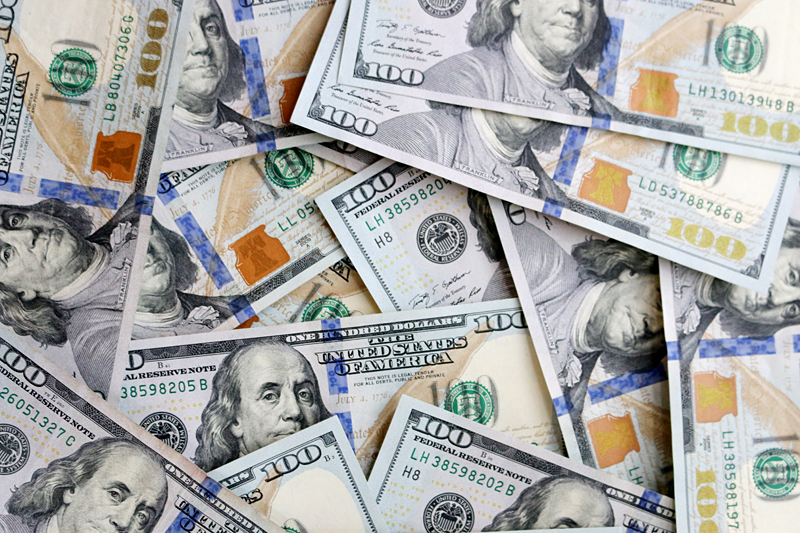The headline inflation number for May of 2022 was reported on Friday, June 10, 2022 at 8.6 percent annualized, which is the highest it has been in 40 years and has been causing fears of a phenomenon known as stagflation — which describes an environment of the combination of slowing or stagnant economic growth, jobs losses, and inflation — which occurred during the 1970s and had sent the stock markets tumbling as a result.
Why Lodging Prices Are Increasing Significantly Summer 2022
The stock market indices fell again today, Thursday, June 16, 2022 chiefly due to the largest increase of the benchmark interest rate since 1994 of 0.75 percent by the Federal Reserve of the United States — which was announced yesterday — in a move to attempt to quell inflation.
Despite that inflation, a softening economy, and fears of a recession, the lodging industry — or, for that matter, several entities in the travel industry in general — is not only not forecasting a slowdown in business anytime soon; but some lodging companies will actually experience their best summer on record.
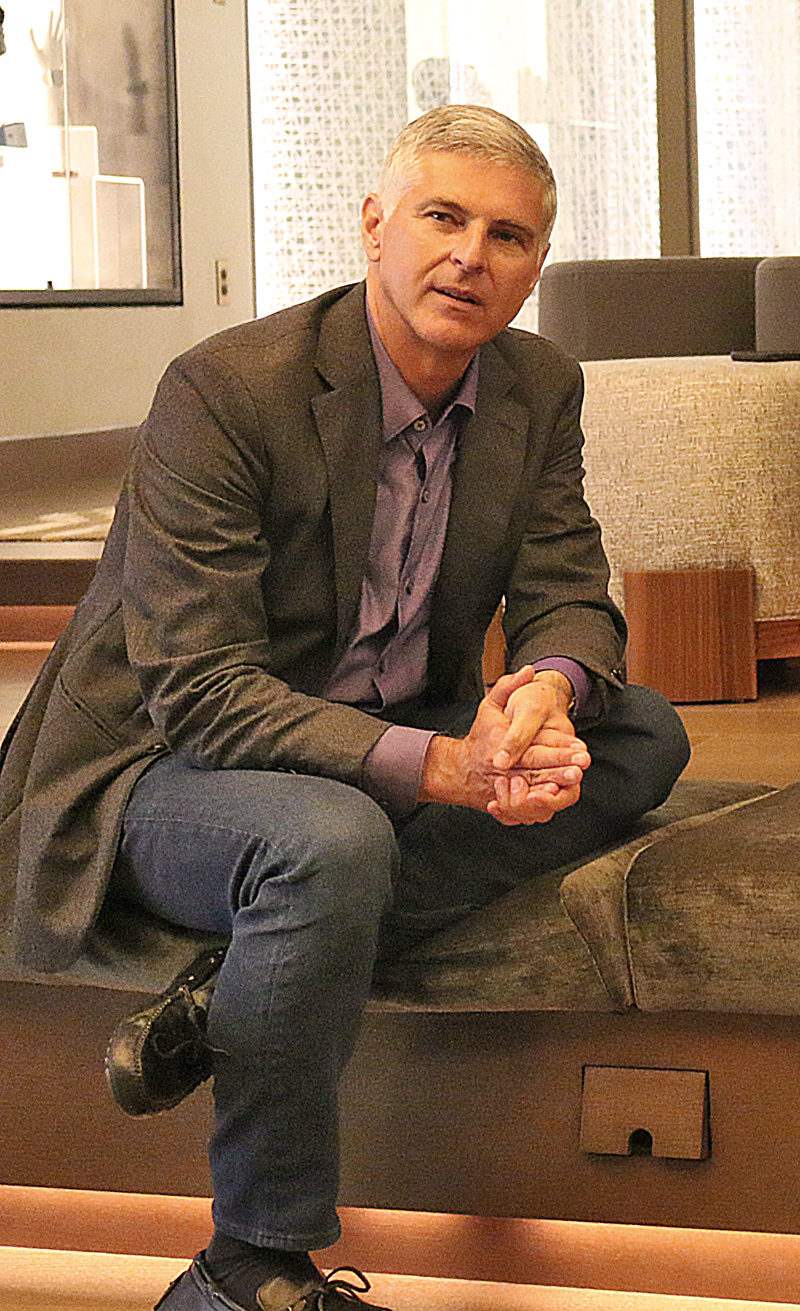
For example, Christopher Nassetta — who is the current chief executive officer of Hilton — was quoted in this article which was written by Ian Thomas of CNBC that the multinational lodging company will “have the biggest summer we’ve ever seen in our 103-year history this summer.”
The main reason why lodging prices are increasing significantly this summer of 2022 is simple and rather predictable: demand is significantly outweighing supply; and that can end right there…
…but much of the pent-up demand is due to people not being able to travel for at least two years because of the current 2019 Novel Coronavirus pandemic — and much of the world basically shut down during the height of the pandemic as a result, which has caused people to spend whatever money is necessary in order to travel again. In turn, this caused a number of tertiary issues — such as shortages of products and shortages in labor as two of many examples.
In many ways, travelers are experiencing the “perfect storm” of sorts: the rate for a room at a hotel or resort property; the airfare; the rental vehicle; and even the price for a gallon of fuel all have been steadily increasing — but that aforementioned pent-up demand has not decreased as a result, which is what usually happens when prices and costs increase significantly.
Are Lodging Companies “Showing Their True Colors”?
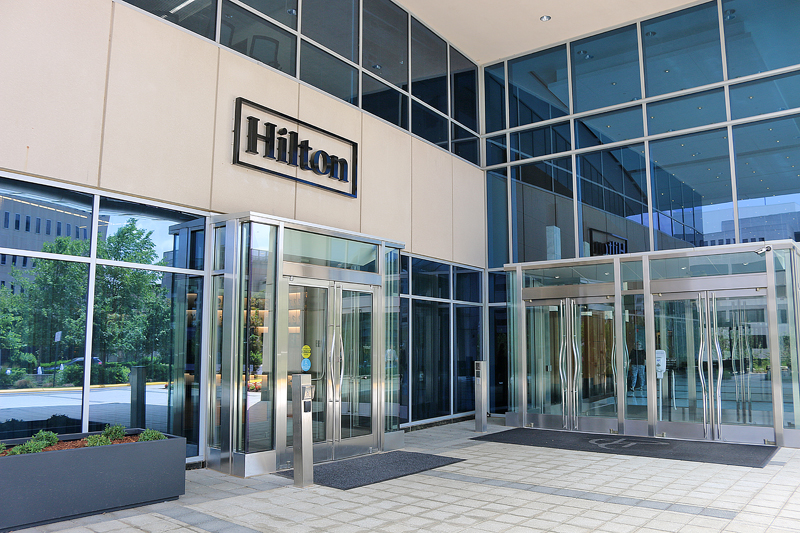
Hilton led the industry with opting to do away with proactive housekeeping on a daily basis at many of its hotel and resort properties; and several lodging companies followed suit. The complimentary benefit of breakfast for up to two people was replaced with a daily food and beverage credit for members who have earned elite level status by which incidentals can be charged to the room — but the credit rarely completely covers the total cost of even a modest breakfast. Also, Free Weekend Night Rewards certificates — which are earned annually or accomplished via certain milestones by Hilton Honors American Express card members — can currently be used any day of the week; but a representative of Hilton officially confirmed that the expiration dates of the certificates will not be extended yet again after already being extended at least twice as a result of the current 2019 Novel Coronavirus pandemic.
These policies are not generally viewed as friendly to customers — but like other corporations, Hilton seeks to profit as much as possible after approximately two lean years. Is that the corporate greed of a company showing its true colors — or simply an aspect of capitalism at work?
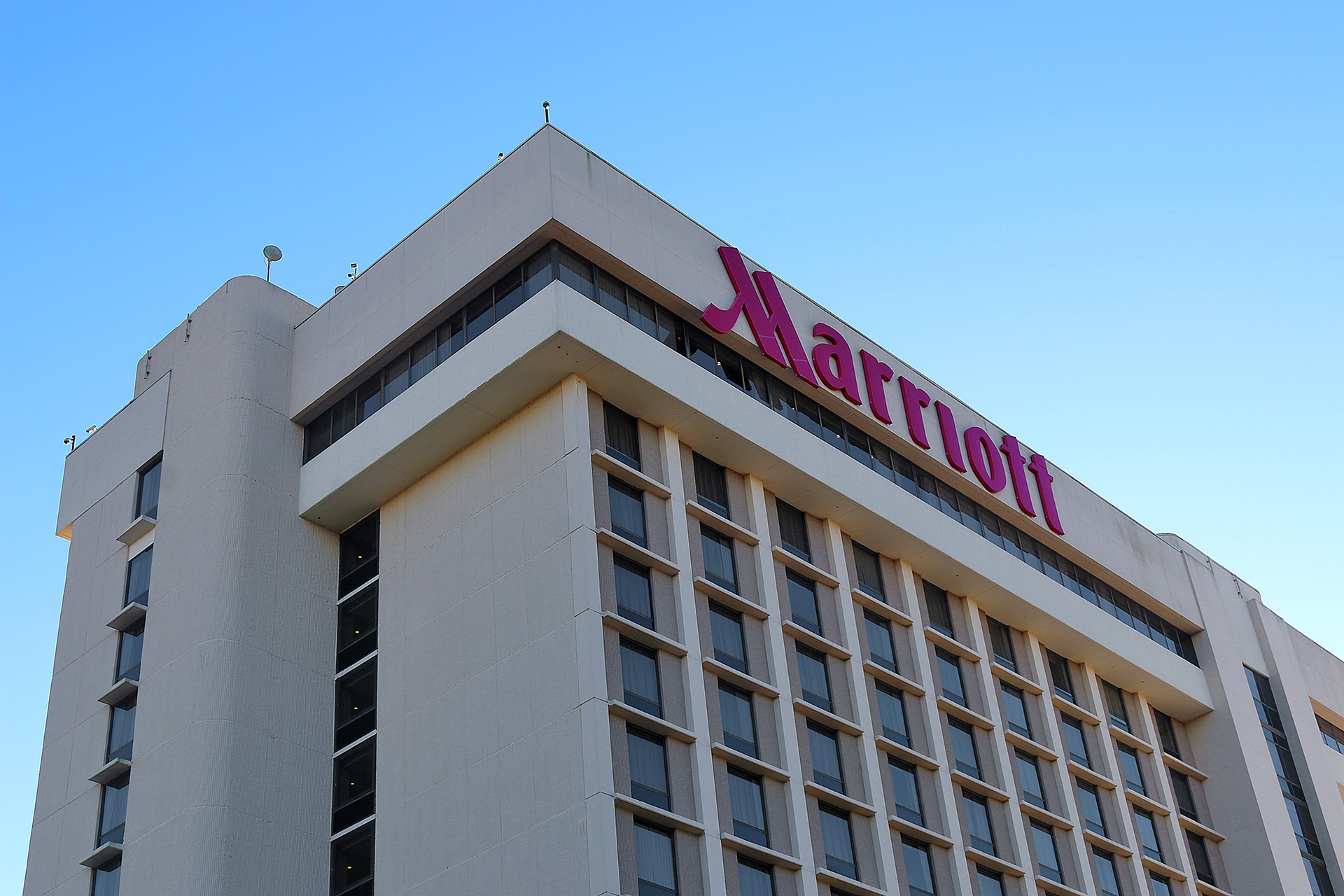
“Breakfast was an easy casualty as was housekeeping due to COVID. Communal spaces with open food is a tough benefit to deliver, and short-staffed housekeeping interacting with guest spaces was also unwise. Despite more than 100,000 daily cases being reported, mortality has fallen dramatically and nearly every vestige of the pandemic has gone away”, noted Kyle Stewart in this article at Live and Let’s Fly, who also points to Marriott and Hyatt to be equally as culpable in “showing their true colors” as Hilton. “Yet the benefits haven’t returned. Housekeeping may be a tough position to fill, but that’s the business they’ve entered. If we all collectively agreed that some benefits could go away for obvious pandemic reasons, fair enough, but despite these restrictions and need for them diminished if not disappeared, why have benefits not been returned?”
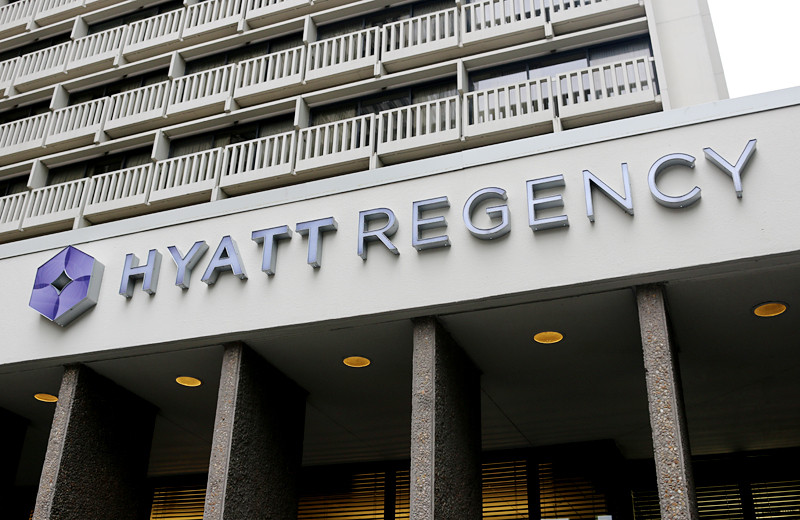
That is a good question — and as Kyle Stewart correctly answers, “Because they don’t have to.” As long as customers keep paying more expensive hotel rates for fewer benefits, lodging companies can basically write their own ticket as to how much profit they can earn from increasing revenue and cutting costs. The only way in which lodging companies will reintroduce benefits that have been significantly reduced or completely eliminated altogether due to the current 2019 Novel Coronavirus pandemic is if business slows down substantially enough when customers vote with their feet and their wallets and purses.
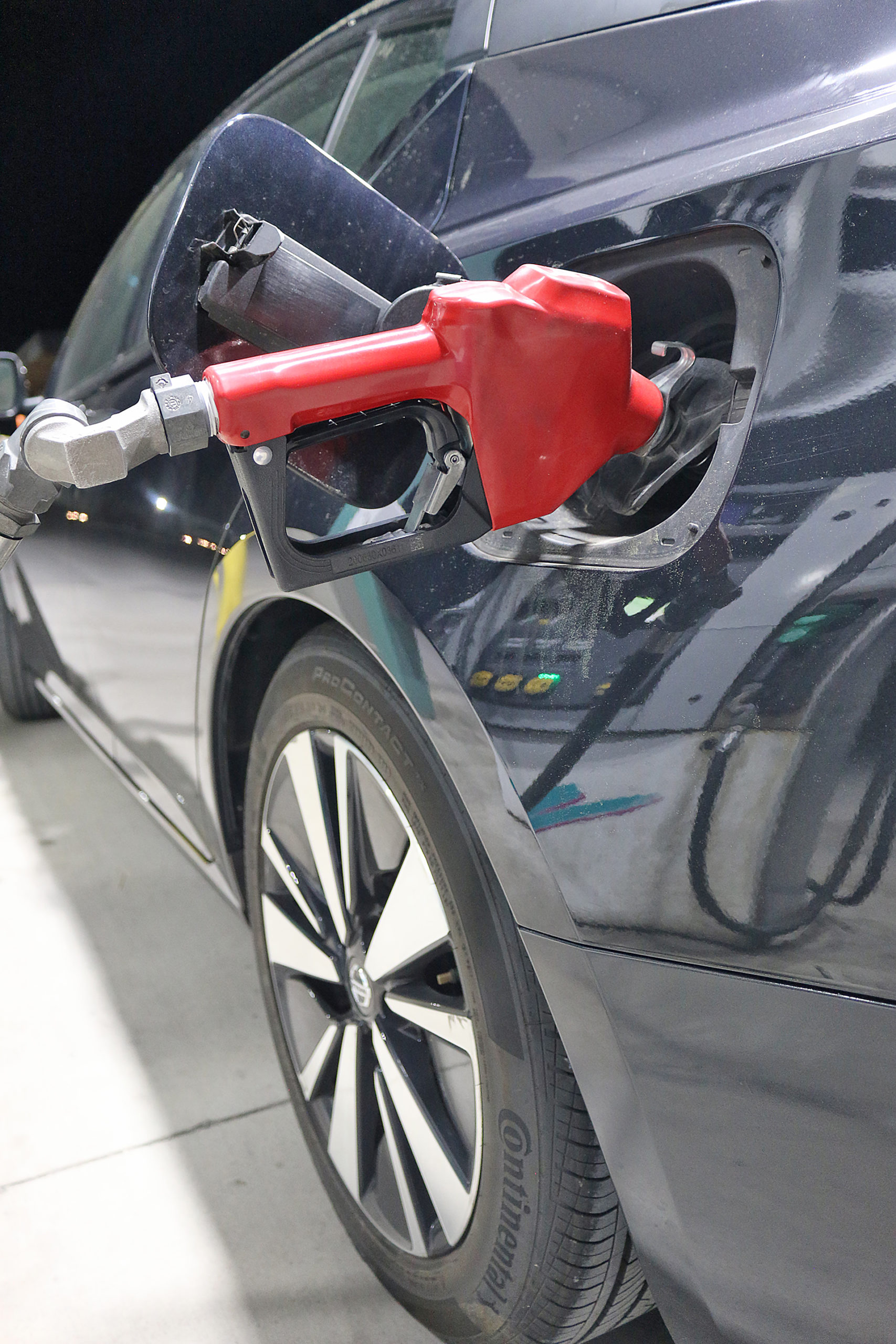
A similar phenomenon is occurring with the price of fuel. The average national price for a gallon of gasoline in the United States reached and exceeded the level of five dollars, which has never happened before. One reason includes unabatedly high demand against dwindling supplies — so of course fuel stations can charge up to ten dollars per gallon and still be able to do business.
The good news is that although the national average price for a gallon of gasoline has not dipped below the five dollar level, it has decreased the past two consecutive days — part of it due to a slight increase in the inventory of crude oil.
What About Those Paycheck Protection Program Loans?
The Paycheck Protection Program is a business loan program which was established by the Small Business Association of the federal government of the United States through the Coronavirus Aid, Relief, and Economic Security Act in order to help certain businesses, self-employed workers, sole proprietors, certain nonprofit organizations, and tribal businesses protect employee payrolls and afford to continue paying their workers. Taxpayers in the United States contributed towards the $953 billion which was used for this program.
“Hotel chains and their franchisees consumed a tremendous amount of support supplied by the citizens of the US. Of those, 90.2% of loans were forgiven entirely — I’d argue that more will continue to wiped away”, Kyle Stewart opined in the aforementioned article. “So just to review, the hotel chains and their franchisees couldn’t afford to offer priority elite checkout, or cereal at breakfast during the pandemic. The US taxpayer came to the rescue with a ton of free money. The hotel chains still couldn’t offer benefits back to travelers, and now that they most certainly can — they simply do not intend to do so.”
That is where capitalism arguably ends — but then again, the process is all legal. Some people might argue that if lodging companies, airlines, and other major multinational corporations did not receive that financial assistance, their possible collapse would send shockwaves throughout the entire economy and adversely affect many more people that just stakeholders — which is indeed possible…
…but interestingly, some of those people who publicly complain reportedly benefitted from the program itself. One supposed “travel blogger” who constantly bloviates in a sanctimonious manner about companies which accept free bailouts has himself or herself allegedly benefitted from almost $21,000.00 in loans from the Paycheck Protection Program — despite publicly admitting earning at least six figures of income. That borrowed money has purportedly since been forgiven — including accrued interest from that loan — which means that taxpayers funded that windfall with interest.
That person will not be identified in this article; but in case you are interested, you can search for any company or individual who accepted funds from the Paycheck Protection Program, how much money was taken, and how much of the loans were forgiven by clicking here.
Also, you can find out which airlines, lodging companies, and other companies or individuals funded the campaigns of political candidates by clicking here and arrive at your own conclusions as to whether the “bailouts” were a possible matter of political favors and cronyism. For example, Hillary Clinton was hoping to become the next president of the United States in 2016; and despite criticizing airlines for high airfares back in October of 2015, she had already received at least $145,246.00 from the airlines — placing her as the top recipient of funds from airlines as released by the Federal Election Commission of the United States as of Monday, February 22, 2016.
Final Boarding Call
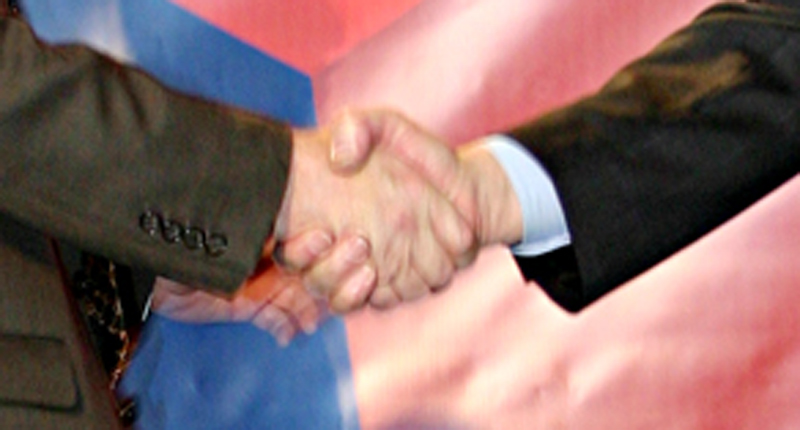
To me, a company “shows its true colors” with how they handle and respond to a situation when things go wrong with a customer. I plan to go into more details in a future article.
For the record, I believe that lodging companies — and companies in the travel industry in general — absolutely should return the benefits and services which they used to offer in return for the more expensive room rates that they have been charging in recent months…
…but admittedly, that is from the biased point of view as a customer. If you were operating a lodging company, would you not try to profit from your customers as much as reasonably possible?
Besides, things usually happen in cycles: eventually, rates will lower and benefits and services — some of them, at least — may return.
Although several individuals named Brian Cohen are on that aforementioned list of people who accepted funds from the Paycheck Protection Program, do not bother to look me up, as neither me nor The Gate has accepted one single cent of funds from the Paycheck Protection Program. Perhaps I should have applied, as it was certainly not illegal — but was it ethical? Would you trust the words I write in each article if I had accepted those funds and never paid them back simply because they were forgiven? Did I do the right thing — or did I possibly foolishly leave money on the table?
Perhaps I am wrong in this way of thinking; but how can I trust the words of someone who does the very action about which he or she vehemently criticizes publicly? I no longer read the articles which that particular person writes for a variety of reasons.
As for major companies in the travel industry, I judge them primarily by how they treat me; and I patronize them based on price, convenience, value, and a variety of other factors — in other words, free markets based on choice and capitalism at its finest. Hilton has treated me well over the years; and I reward that treatment with my continuing to patronize them. Conversely, this lodging company has treated me unsatisfactorily; and I plan to redeem the points in my membership account of their frequent guest loyalty program before shunning them for good as a customer…
…but if they or their franchisees accepted funds from the Paycheck Protection Program, should I no longer trust them as well?
All photographs ©2007, ©2015, ©2016, ©2018, and ©2021 by Brian Cohen.
